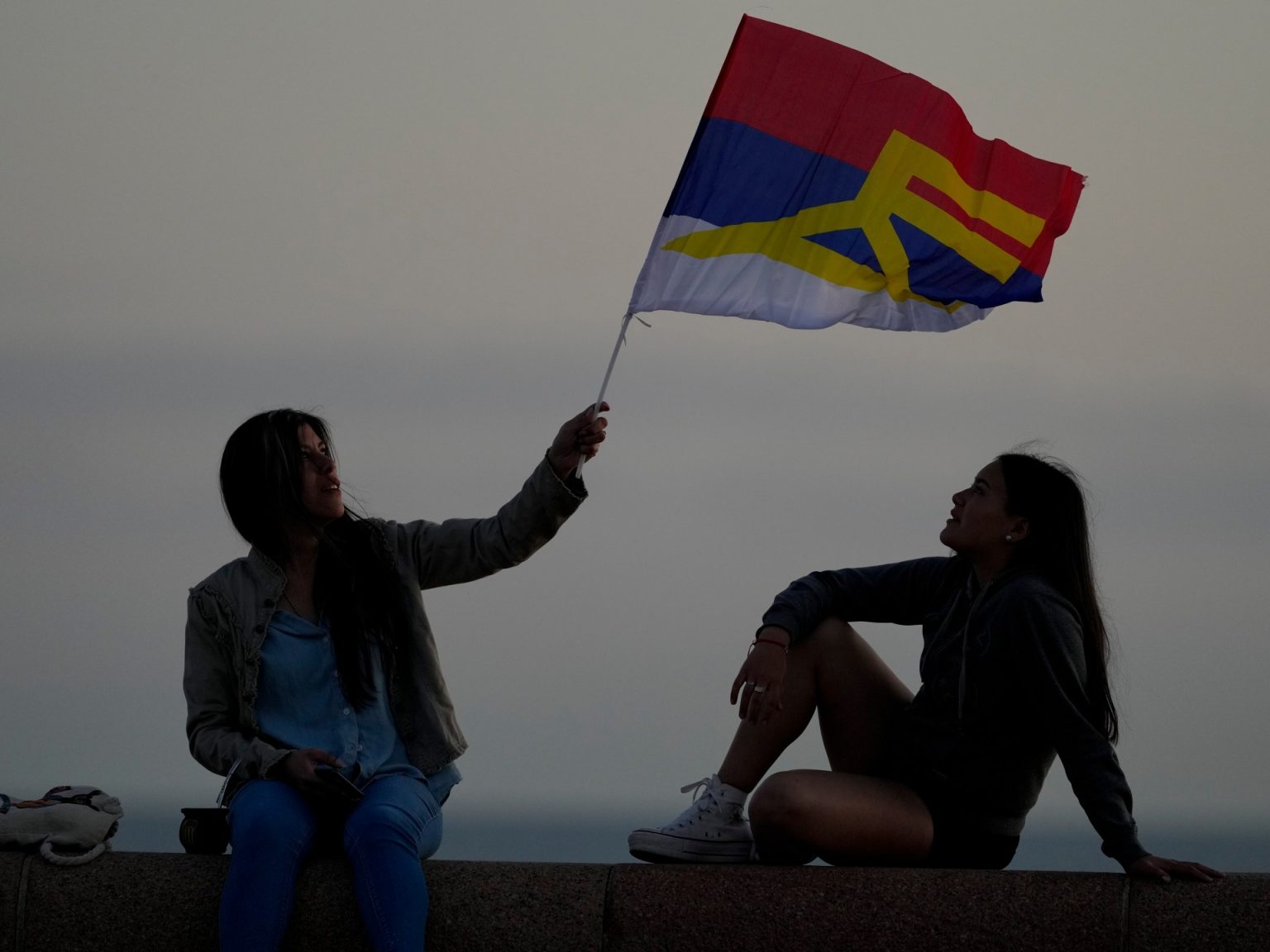In Uruguay, the recent presidential election race has defied the trend of tectonic political shifts seen in other Latin American countries, with pollsters predicting a likely run-off next month between a leftist history teacher and a centre-right veterinarian. Yamandu Orsi, a former history teacher representing the centre-left Frente Amplio party, won 43.2 percent of the vote, ahead of Alvaro Delgado of the centre-right Partido Nacional with 28 percent, according to estimates. Andres Ojeda, a lawyer likened to Argentina’s libertarian President Javier Milei, placed third with 15.5-16 percent of the vote, resulting in a run-off between Orsi and Delgado.
During the election, Uruguayans also voted on referendums to lower the retirement age by five years to 60 and remove curbs on police conducting nighttime raids on private homes. Early exit polls indicated that voters appeared to reject both referendums. Unlike other Latin American countries with sharp right-left divides, Uruguay’s candidates overlapped significantly on policy, reflecting a break from the norm in the region. The electorate has been generally satisfied with the current government’s performance, led by President Luis Lacalle Pou of the Partido Nacional, who has a 50 percent approval rating.
Despite rising employment and wages, the ruling conservative coalition has struggled to defend its record on crime, a key concern for voters in Uruguay. Violent crime, often linked to drug trafficking, has been a significant issue in the country with one of the highest GDPs per capita in the region. Lacalle Pou, who was unable to run for a second consecutive term due to constitutional restrictions, faced a tough challenge in maintaining support for his party. If Orsi, viewed as an understudy of former rebel-turned-president Jose “Pepe” Mujica, wins the run-off election, Uruguay could swing back to the left after five years of conservative rule.
Mujica, who is 89 and battling cancer, has been actively involved in the campaign despite his frailty. He showed up in a wheelchair to cast his ballot in Montevideo, making a symbolic gesture of support for Orsi and the leftist movement. The upcoming run-off election between Orsi and Delgado will be crucial in determining the direction of Uruguay’s political landscape and policies. With the country’s electorate showing a preference for continuity and stability, the outcome of the election will have significant implications for the future of Uruguay and its relationship with other Latin American countries.


